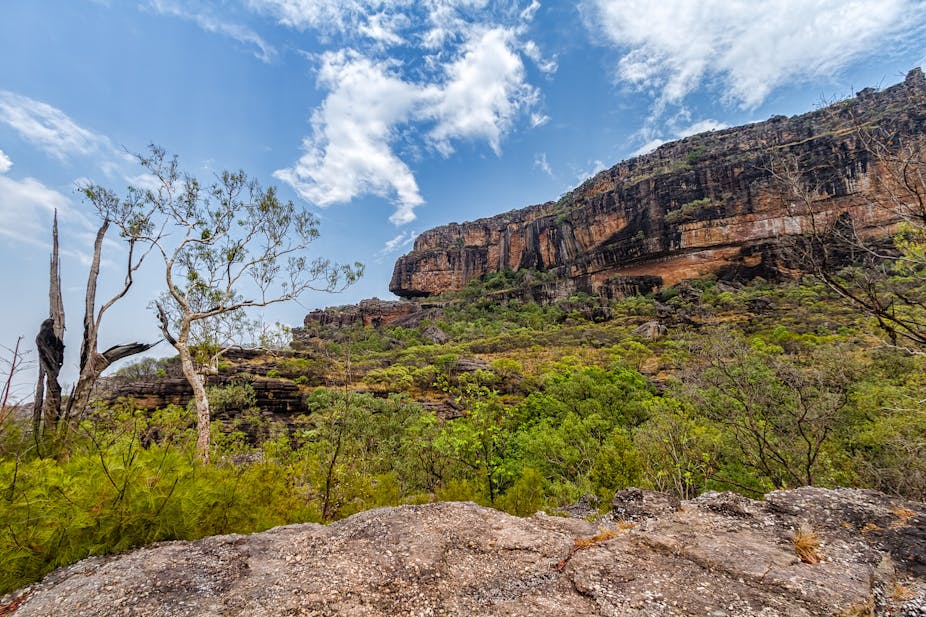This week Greens Senator Larissa Waters proposed significant amendments to the Environmental Protection and Biodiversity Conservation Act. Some sought to better protect farmers and water resources from gas extraction. Others were aimed at protecting national parks and strengthening the Federal Government’s power to protect the environment. All were voted down in the Senate by the combined forces of the ALP and the Coalition. Their failure has profound significance for the protection of our critical environmental assets.
The Environmental Protection and Biodiversity Conservation Act was passed by the Howard government. It was certainly not a radical move. The environmental NGOs and leading environmental scientists were divided at the time about whether the legislation was even worth supporting. Many argued that the new law was so weak it would achieve very little.
The main criticisms were that the Act provided limited conditions which would allow a Commonwealth Minister to intervene and overrule state approval for a development, and that even if those strict criteria were met it would still be optional for the minister to intervene. While a responsible Minister could act if the science showed clearly that a proposed development would damage the habitat of an endangered species or do serious damage to a threatened ecosystem, the law does not require that intervention.
One of the few instances of the Act being used by a Commonwealth Minister was Peter Garrett’s action to stop the proposed Traveston Crossing Dam on the Mary River. That dam had been proposed by Peter Beattie at the height of the drought-induced water shortages. With the change in the leadership of the Queensland government to Anna Bligh and the breaking of the drought by flooding rains, there was almost a sense of relief at the state level when Garrett canned the project. The cash-strapped Bligh government was reduced to selling public assets to fund the infrastructure demands of rapid population growth. It could not afford to pour money into a dam that wasn’t really needed. The project had also become a political embarrassment because of the evidence it would have been environmentally damaging.

A review of the Act by experienced departmental head Alan Hawke identified several major shortcomings and recommended significant amendments. But neither the Rudd nor the Gillard government acted to strengthen the law along the lines Hawke recommended.
There was recently a serious move to weaken still further the capacity of the Australian government to intervene to protect the environment. The calls for “cutting green tape” constituted an explicit campaign to push the Commonwealth to abdicate its responsibility and cave in to the notoriously short-sighted pro-development agenda of state administrations. The Newman government in Queensland and the Barnett government in Western Australia have demonstrated clearly why we need a Commonwealth capacity to overrule irresponsible state approvals. The possibility of an Abbott-led Coalition government has led to increasing concern that the limited Commonwealth powers will not be used.
So the moves to tighten the EPBC Act were very important. The changes introduced by the government allow Commonwealth assessment of coal seam gas operations and large coal mines, but do not extend to shale gas and so-called “tight gas”. (While natural gas is normally extracted from relatively porous strata, “tight gas” is trapped in rocks that require extensive fracturing to release the gas.)
The further amendments proposed by Senator Waters, who was a lawyer working for the Environmental Defenders Office before being elected as Queensland’s first Green senator, would have given landholders the right to block proposed coal seam gas developments and would have given the Commonwealth explicit power to assess the impact of shale gas mining on water systems.
But the most fundamental change was the proposal to add national parks to the “matters of environmental significance”, which justify Commonwealth intervention.
The move was provoked by the recent actions of state governments to allow cattle grazing, mining, logging and shooting in national parks. Senator Waters argued that most people assume that the small fraction of our land set aside as national parks – about 4% – is protected from harmful development. But the attempt by the Victorian government to allow cattle to graze in the high Alps has been followed by the Queensland government allowing grazing of cattle and proposing to go back to logging national parks, the Tasmanian government supporting mines in the Tarkine and the continuation of some logging activities, and the NSW government allowing shooting.
The existing legislation does not give the Commonwealth power to intervene to protect a national park unless the proposed activity can be demonstrated to directly harm biodiversity. The proposed amendment would have greatly strengthened the hand of current and future Commonwealth Ministers to protect national parks from the sorts of proposals now being rolled out by state governments.
It is hard to understand why the government would not accept the amendments, unless it is trying to distance itself from the Greens in the lead-up to the September election.

